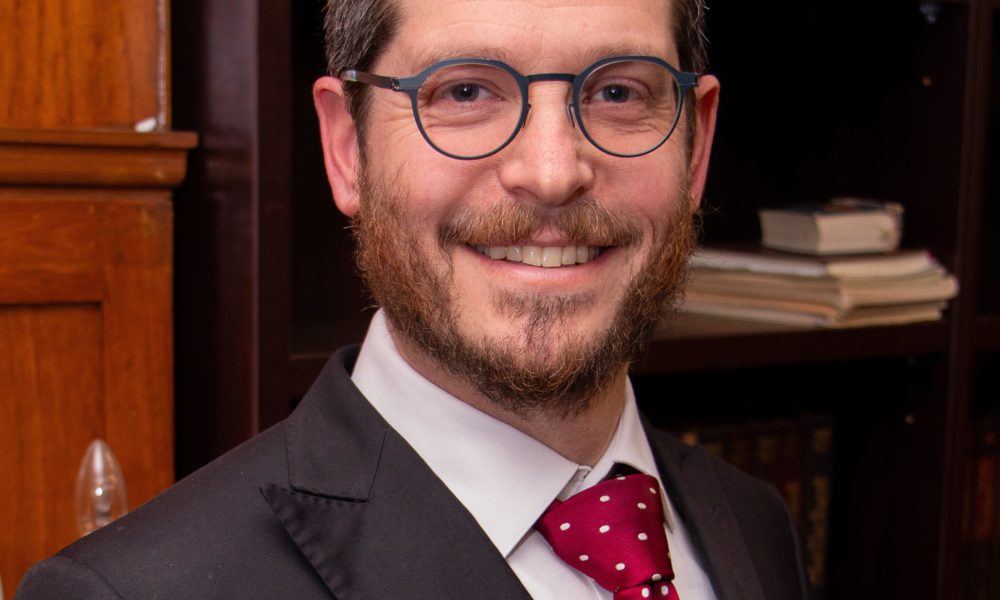Religion
Laughter amids the tears

In relation to the tribulations of exile and the hope for redemption, the Gemara at the end of Tractate Makkot relates the following: “Once, Rabban Gamliel, Rabbi Elazar ben Azarya, Rabbi Yehoshua, and Rabbi Akiva were walking along the road in the Roman Empire. They heard the sound of the multitudes of Rome from Puteoli. The city was so large, they could hear its tumult from a great distance. The other sages began weeping, while Rabbi Akiva was laughing. They asked him, ‘Why are you laughing?’ Rabbi Akiva responded, ‘And why are you weeping?’ They said, ‘These gentiles, who bow to false gods and burn incense to idols, dwell securely and tranquilly in this colossal city, while for us, the house of the footstool of our G-d, the Temple, is burned by fire. Shall we not weep?’ Rabbi Akiva replied, ‘That’s why I am laughing. If for those who violate His will, the wicked, it is so and they are rewarded for the few good deeds they have performed, how much more so will those who perform His will be rewarded.’ – Makkot 24b
These sages had lived through the destruction of our holy Temple and were struggling, together with the nation, under the oppressive regime of the Roman Empire. They had travelled from the heart of Israel to the capital of Rome to advocate on behalf of the Jewish people. What they witnessed couldn’t have been more stark compared with what they were experiencing at home. Rome was bustling, affluent, and thriving, whereas the Israel they had travelled from was struggling, bereft, and deprived. Seeing the enemies of Israel and Judaism prospering and enjoying life while their own brethren were suffering unimaginable loss and poverty upset these sages to their core, and they cried – well, three did. But one, Rabbi Akiva, didn’t. In fact, he laughed!
They asked him, “Why are you laughing?” He answered, “Why are you crying?” They replied, “Those who bow down to false gods rejoice and celebrate, while for us, the house of our G-d is destroyed. Should we not cry?” He said to them, “That’s why I laugh; if this is the celebration for those who desecrate His will, how much more so for those who exalt His will!”
For three weeks of every year, we’re directed to mourn the destruction of our holy Temples and the downfall of the Jewish people. This period, when viewed as a commemoration of an ancient event, can feel irrelevant and pointless. It’s that time of year now, between the 17th of Tammuz and the 9th of Av, and I believe the above story provides an illuminating perspective that lends meaning and relevance to our practice of grief. If we mourn the destruction, if we show Hashem that we feel bereft without a Beit Hamikdash, like a loving parent who responds to the pain of their child, Hashem will respond to heal our pain.
This is what Rabbi Akiva was telling his colleagues – because you’re crying, because you mourn, because you’re not satisfied with the status quo, “that’s why I’m laughing”, that’s why I’m hopeful, that’s why I’m certain that whatever fleeting joy our enemies experience, we’ll celebrate manifold times over.
The sorrow of these three weeks is much more than mere nostalgia, it’s the beginning of the future. It’s the key to better days. May we see the transformation of these days of sorrow into days of joy and celebration!